Ignatius Sancho was born in 1729, either onboard a slave ship or just after it landed in the Americas. At any rate, Sancho was enslaved in Grenada until he was two years old, at which point he was taken to England with his master.
Later in life, Sancho became a free man. It’s unknown exactly how this happened, but it’s assumed that he was granted liberty upon his master’s death. He soon persuaded a powerful man—the Duke of Montagu—to hire him as a butler. In this employment, he taught himself to read and write, eventually becoming adept as a playwright and composer.
When the Montagus passed away, they left him a small amount of money—this was beyond generous given the social circumstances at the time. Sancho used this purse to buy a grocery shop in Westminster, which he and his wife operated. This shop became a hub of anti-slavery sentiment as well as a meeting place for many famous politicians and activists. Sancho, as an independent householder, is in the record books as the first black person of African origin to vote in an election, doing so in 1774 and 1780.
He was regaled as an “extraordinary Negro” of his day, and his legacy lived on after he passed. In 1782, two years after his death, a collection of his letters was published and later used in the fight to end slavery.
article found@http://listverse.com/2014/10/27/10-influential-slaves-who-deserve-to-be-more-famous/

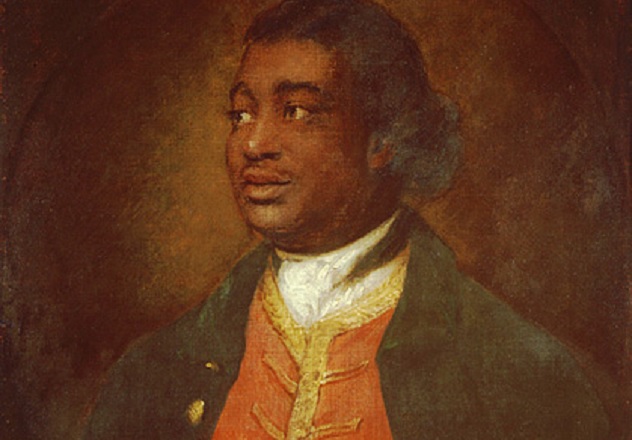



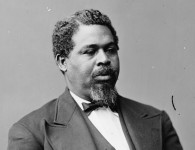
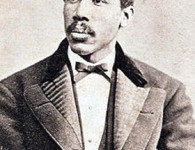
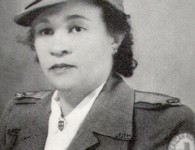
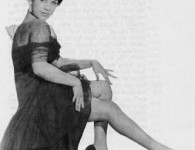


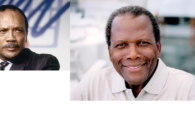
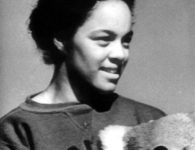
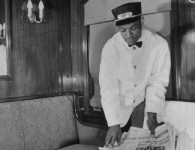






No comments